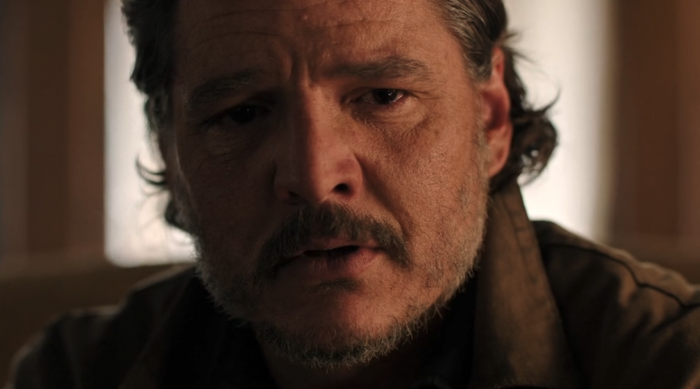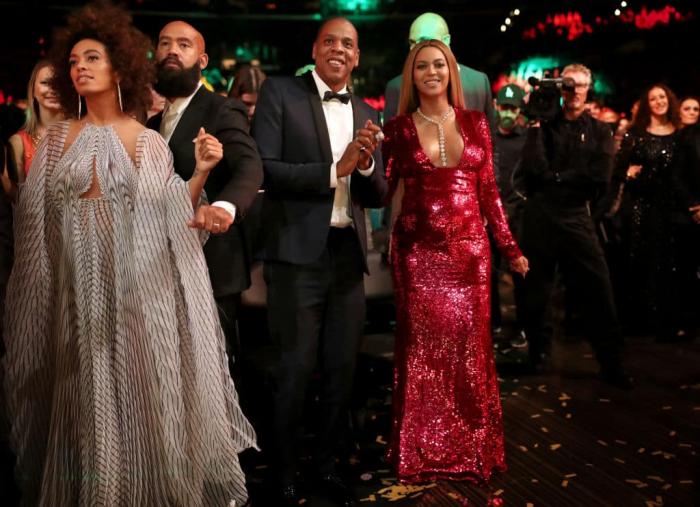
The Maximalist Cringe and Cautionary Tale of JoJo Siwa
By Kayleigh Donaldson | Celebrity | July 25, 2024

People have been hating on JoJo Siwa since she was a child. The former Dance Moms star turned Nickelodeon performer and singer has long attracted the kind of ire that is commonplace on the internet, particularly for women. At the grand old age of 21, she’s in the midst of a renewed focus of trolls and media incredulity as she promotes her new music project with an image shake-up and dedication to gay pop (which she invented, apparently). Check the comments of any tweet or Instagram post featuring her, and you’ll find a barrage of familiar taunts: insults about her appearance, claims she’s ‘too much,’ and general cringe at her every action.
Siwa has been famous for far longer than she hasn’t, having graduated from a nine-year-old reality star to the sole breadwinner for her entire family before she was legally considered an adult. She survived the trainwreck cruelty of Lifetime’s parade of child harassment and moved into acting, presenting, singing, influencing, and branding. In 2016, her line of hair bows with Claire’s became so popular that they inspired a slew of copycats. Time named her one of the 100 most influential people in 2021. She babysat North West on YouTube. During this era, when she became one of the faces of Nickelodeon, she was an easy target for hate, often from people outside of her demographic of pre-teen girls who like sparkles.
Brand Siwa is loud. It bellows rather than yells. There’s no such thing as too much glitter. You walk into a room and you demand attention from everyone in it, whether they agree or not. Maximalism doesn’t begin to cover Siwa’s style. Baz Luhrmann would shirk at it. Essentially, she embodied the power of a toddler but did so as an adolescent, complete with giant bows in her hair and rhinestones on her shoes. It’s an extension of her dancing days, where toe-tapping tyrant Abby Miller would have the girls perform in ways that blended dystopian camp with Cirque du Soleil acrobatics. That ultra-competitive spirit has always been evident in Siwa’s work. She’s a drill sergeant for Gen Z kids, the terminally joyful head cheerleader who thinks everything can be solved with unicorns. If you’re anyone other than her sizeable fandom, it’s obviously irritating as all hell. Even to that demo, it started to wear thin, particularly as the younger generation gravitated towards TikTok and Drunk Elephant skincare regimes for nine-year-olds. The urge to grow up too fast didn’t gel with a young woman whose brand was built on forced arrested development.
Things changed when Siwa came out as queer. She was embraced for her candour and for being a proudly out young person at a time when attacks against LGBTQ+ youths were on the rise. What better spokesperson for the movement than someone whose energy was ‘be proud OR ELSE’? That aggressive chipperness felt invigorating while attacks against drag queens were becoming the preferred line of attack from the right wing. Call her cringe, sure, but it certainly felt like a good step forward for a young woman who was the face of pre-teen ‘safe’ entertainment to be holding hands with her girlfriend and letting her fans know it was all totally fine.
When it came time for Siwa to ‘age’ into the adult side of the entertainment world (not that side), she did the most predictable thing ever: she went edgy. Okay, to be specific, she went for the safest version of edge that was simultaneously jarring and as predictable as the setting of the sun. In April of this year, she released her new single, ‘Karma’, which she declared to be her ‘first breakout adult moment.’ It’s an early-2010s dance-pop number that was originally written for Miley Cyrus in 2011, and it shows. It’s pretty tepid and has no real hook. At a time when the pop girlies are bringing their A-game thanks to the likes of Charli XCX and Chappell Roan, it felt like yesterday’s news. The video showed Siwa flexing her stuff as a proper adult, complete with a lesbian love triangle and some admittedly impressive choreography. All of this, coupled with red carpet appearances where she seemed to be dressed as the drag version of a member of Kiss, seemed overdone to most of the public. She was simply following a well-worn rulebook on how to go from a cute teeny bopper to a sexy adult pop diva. It made sense that ‘Karma’ was meant for Miley because JoJo’s act felt like the remnants of Cyrus’s Bangerz era. But with that instance, there was a clear differentiation between old and new Miley. New JoJo is just old JoJo in a darker colour.
Siwa had declared that she invented a new genre, ‘gay pop’, which led to disbelief and hilarity from much of her intended listener base. Pop is pretty gay, spoiler alert, and we’re fortunate to be living in a time where there are so many out LGBTQ+ performers who make queer music: Chappell, Troye Sivan, Hayley Kiyoko, Kim Petras, Rina Sawayama, Orville Peck, Lil Nas X, Sam Smith, Ethel Cain, Big Freedia, Janelle Monáe, and so many others. This is not to denigrate Siwa for wanting to join the ranks - the more the merrier - but it did remind everyone of how out of step she seemed with both the industry and her own ambitions. We’re not anti-maximalist or against her go-hard-or-go-home energy. But you need the bops and the vibe, and she lacks both, so of course it became an easy target, another symbol of the unbearable power of cringe. It’s currently the most disliked music video of 2024 so far. Siwa responded to this by joking that it was the only record that she could beat Taylor Swift on.
Going after former child stars is always a tricky path to take. We’ve seen the long and weary history of young people being exploited by their guardians and then abandoned with no safety net once the money runs out. Siwa came to prominence on a show where the central hook was watching a mad woman torment seven-year-olds for not doing high enough kicks, while their parents not-so-silently approved from the sidelines. With Siwa, the waters have become muddied because she is now engaging in the same kind of exploitation that once engulfed her early years. A Rolling Stone report detailed how Siwa and her mother Jessalynn (also featured on Dance Moms) were alleged to have mistreated members of a band named XOMG! Pop they had formed as part of her expanding brand.
Multiple sources said that ‘the Siwas subjected the children to grueling rehearsals, sometimes forgoing school breaks, with meager compensation.’ They also allege that kids were forced to work under extreme physical duress, even though one of them had recently undergone spinal surgery. ‘JoJo, meanwhile, could also be nasty and domineering, according to sources, a sharp contrast from her upbeat onscreen persona. At one point, they allege, she screamed insults at the girls during a performance; they also allege that she played a role in helping to build a cutthroat environment long after the cameras were gone, playing favorites and pitting members against each other.’
It takes a village to make a JoJo Siwa. The effervescence of childhood, that freeing quality of being young and discovering your true self, doesn’t organically become a commodity complete with tie-in merch. The new JoJo for adults is the same JoJo who was engineered to sell bows to tween girls and do lip-sync battles with Nick Cannon. The previous earnestness of her efforts has been replaced by a bitter cynicism that has only grown more queasy with the knowledge that she’s dragging other kids into the system with grand promises she never intended to keep. Cringe is one thing. Cruelty is quite another. We don’t forgive the latter so easily.



